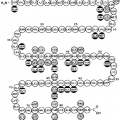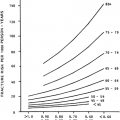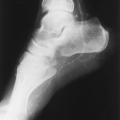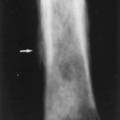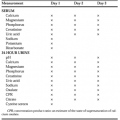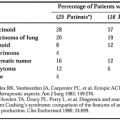GONADOTROPIN DEFICIENCY IN MEN
Part of “CHAPTER 17 – HYPOPITUITARISM“
Most manifestations of decreased gonadotropin secretion in men are attributable to the resultant low testosterone levels. However, testosterone is converted to estrogens, and some manifestations of low LH and FSH may be due to low estrogen levels. Symptoms and signs of hypogonadism in men may be present for years before being appreciated and often are mistakenly attributed to normal aging. The patient’s sexual partner may be the first to notice and, when appropriate, should also be queried about symptoms and signs.
SYMPTOMS
In men with secondary hypogonadism, decreased libido, impotence, and infertility are common. The patient may note that he shaves less frequently and that there is a decline in the rate of progression of male pattern hair loss. With long-standing hypogo-nadism, fatigue and a loss of muscularity may be noted. A history of hyposmia or anosmia may be elicited from patients with Kallmann syndrome. If symptoms begin before or during puberty, the patient may demonstrate lack of deepening of the voice, no need for deodorant, and concerns about social acceptance. In some cases, it may be difficult to differentiate hypogonadotropic hypogonadism from delayed puberty (see Chap. 7, Chap. 91 and Chap. 92).31
Stay updated, free articles. Join our Telegram channel

Full access? Get Clinical Tree


